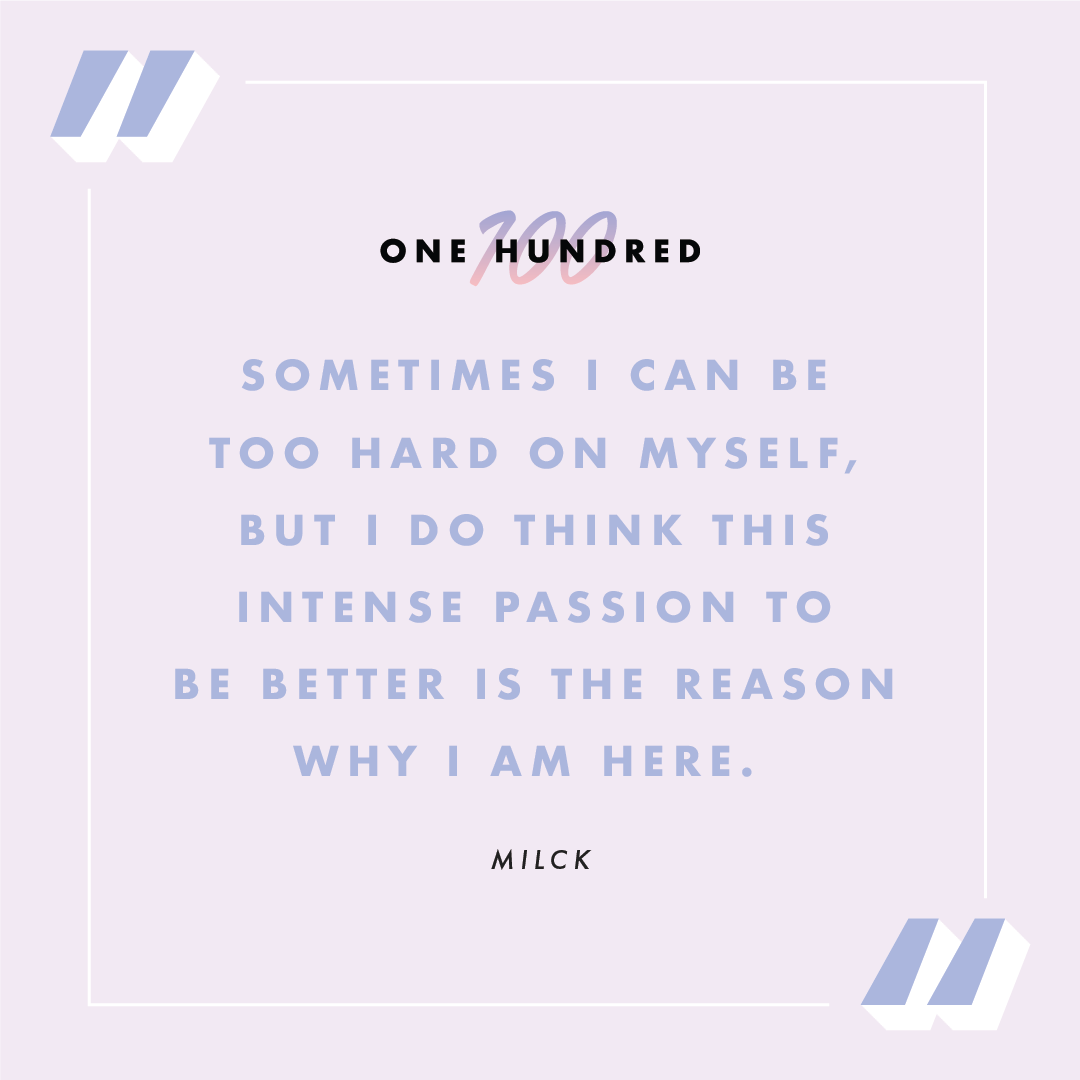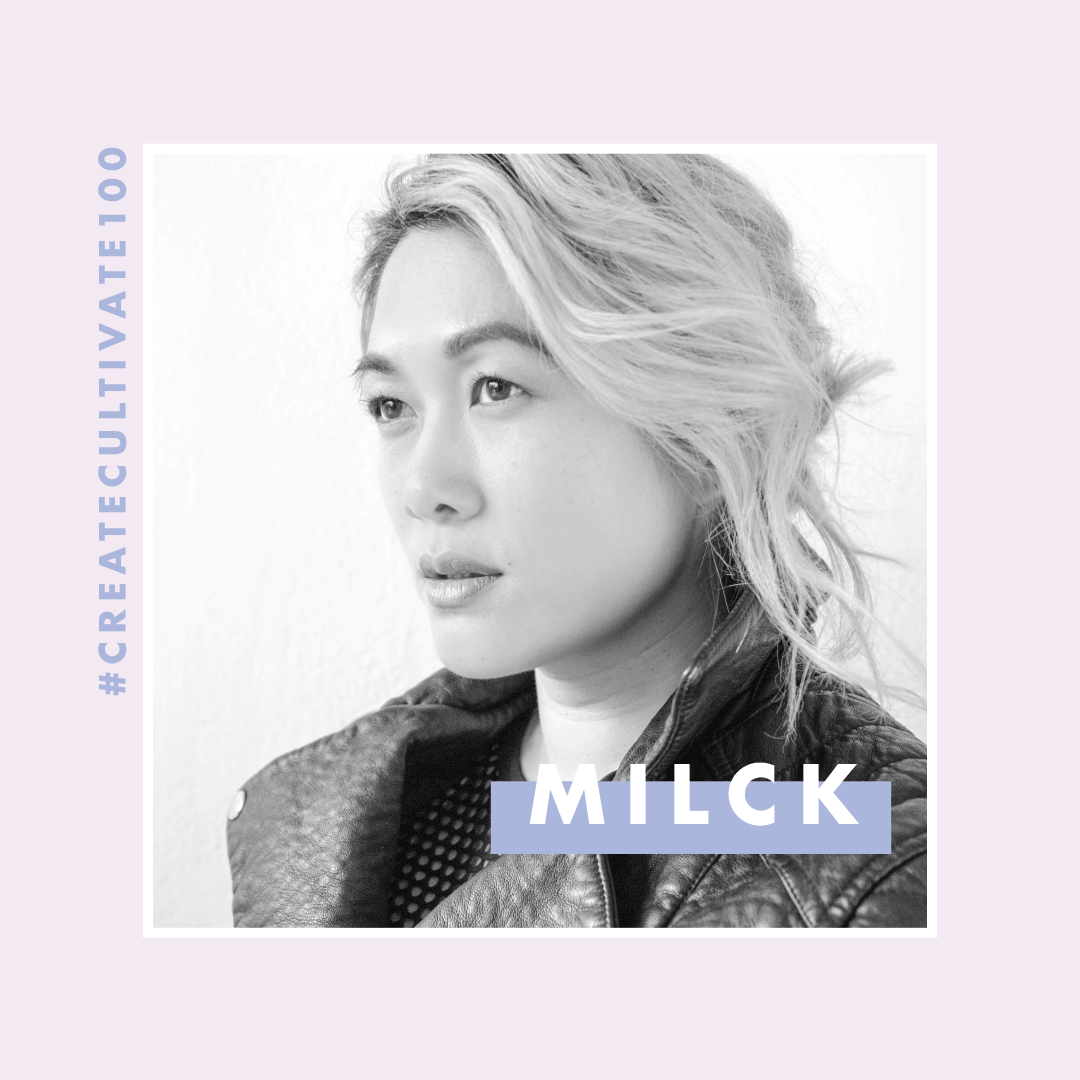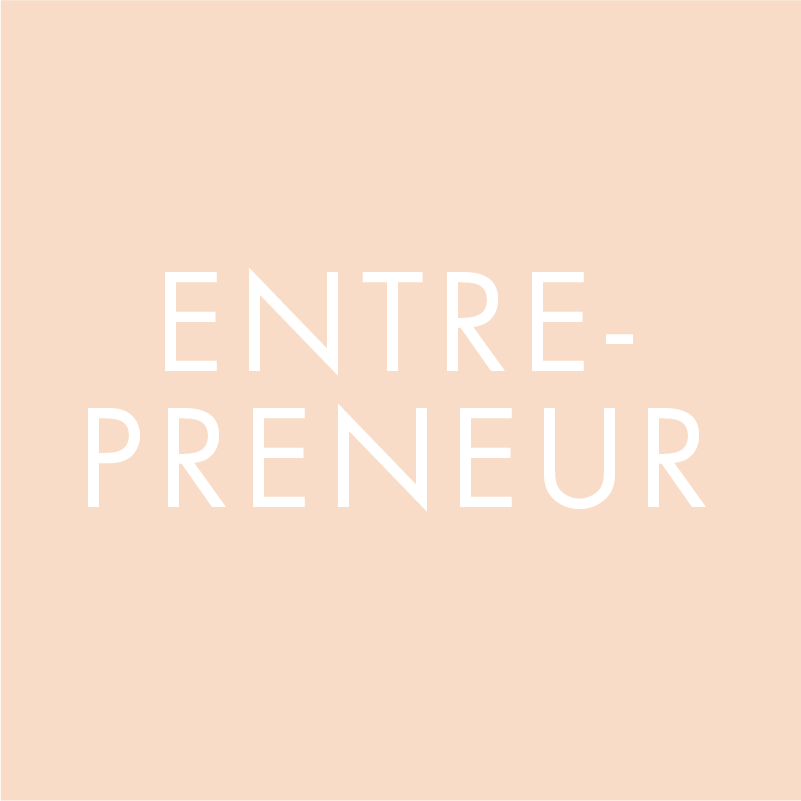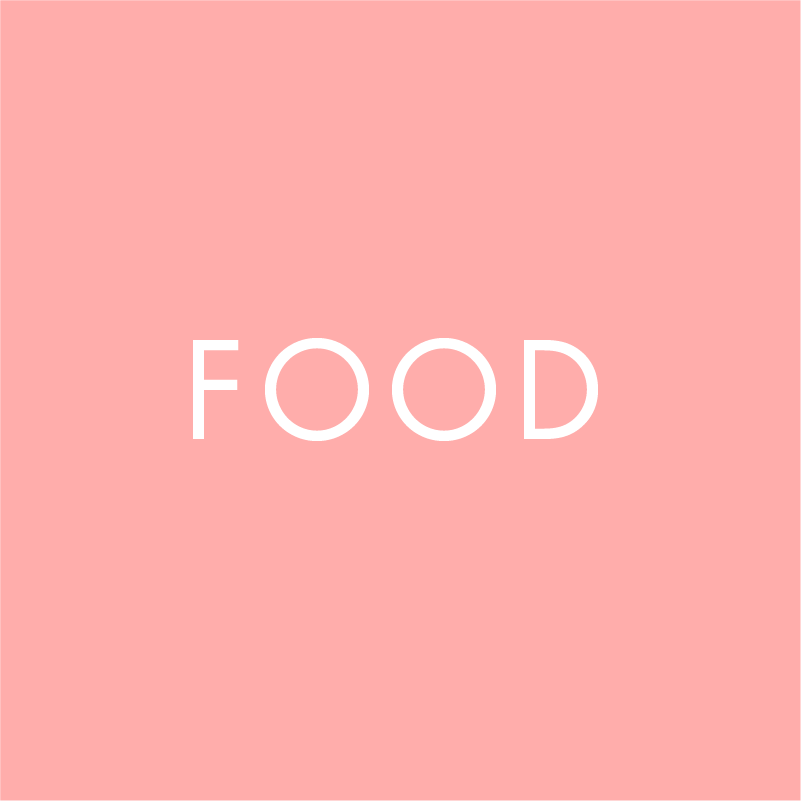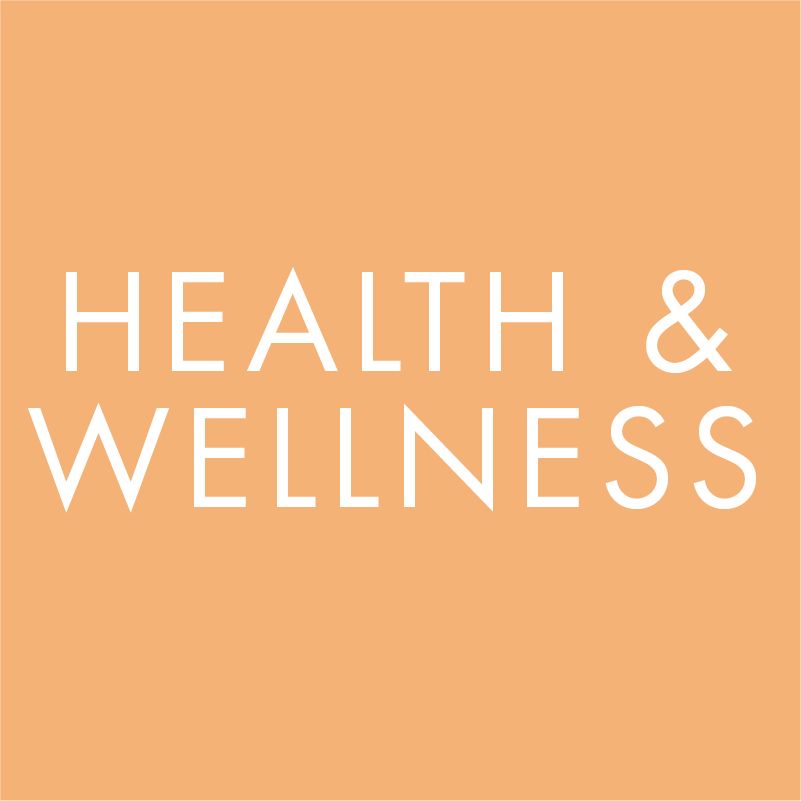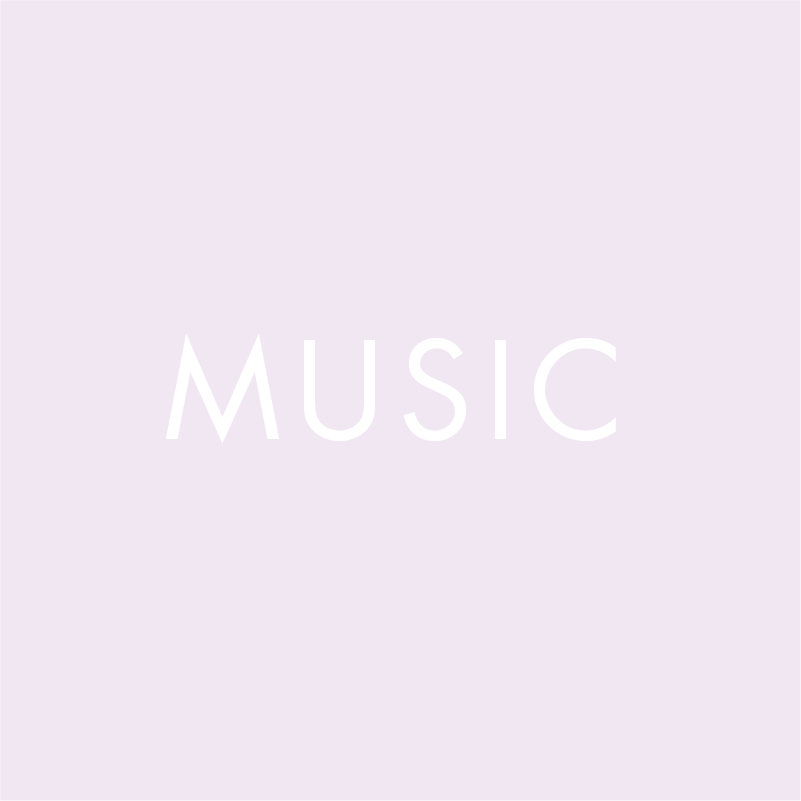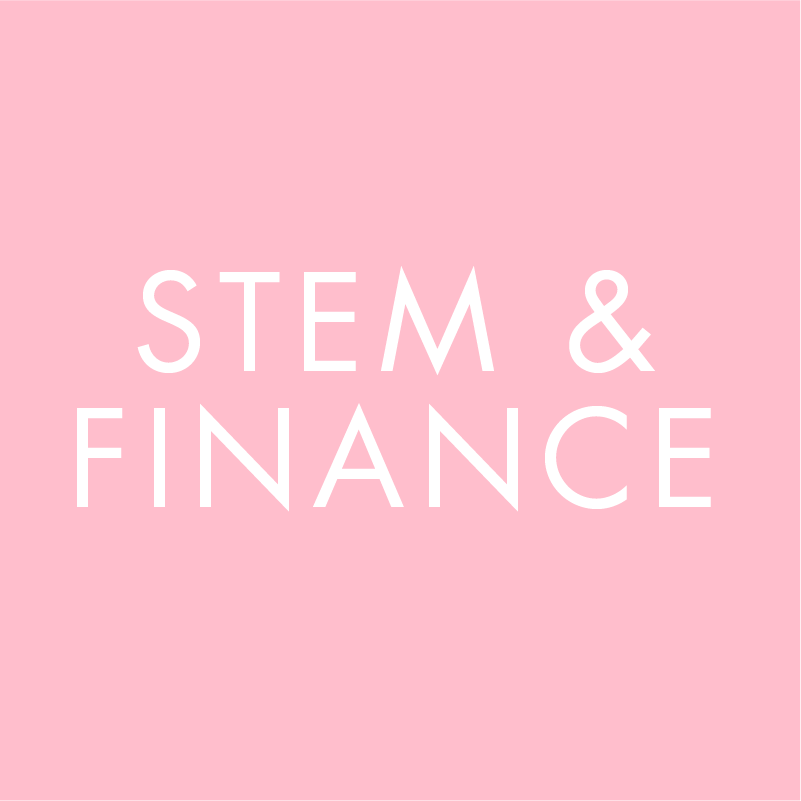“I can’t keep quiet,” says the chorus of what became the anthem for the 2017 Women’s March. Written by MILCK, known to her friends as Connie (her stage name is a combination of her initials and last name, Lim, spelled backwards), the song became a viral sensation after a video of the haunting melody circulated online.
Connie wrote the song, a part of her larger debut EP This Is Not The End, in the leadup to the 2016 election. The entire album evokes heartfelt determination—it’s a call to action, but a call to be kind to yourself, too. And it led to some of the high points in her career thus far: performing with Yoko Ono at the 2018 Women’s March, singing at the ESPYs to honor survivors of the Larry Nassar case, and writing dozens of songs we can’t wait to hear.
When you listen to Connie talk about writing her music, you can feel the intention behind her words. She doesn’t just speak her truth—she encourages you to speak yours, too.
Your hit song, Quiet, became the anthem of the Women’s March on Washington. Did you expect such a strong reaction to the song?
I wrote the song at the end of 2015. At that time, the biggest acts in music were like Chainsmokers. The music was more produced and dancey. When I left the studio the day I wrote “Quiet,” I thought to myself, “I finally wrote my thesis. I finally wrote the feelings that were stuck in my throat for years.” I didn’t think it’d be a viral hit. I actually didn’t know how the song would survive in the noise of the modern world, as I view it as such a gentle rebellion song.
What was your inspiration for Quiet?
There are so many different reasons why I had to write “Quiet”. Ever since I can remember, I’ve always felt a bit out of place. A bit too opinionated. A bit too passionate. A bit too rebellious. A bit too rowdy or goofy. The pressure to be a skinny, well-behaved, kind, considerate, smart, and beautiful girl was tremendous. I felt like I wanted to scream. Take the pressures of embodying a narrow definition of femininity, and multiply it with two conservative, first generation, Chinese parents, and that was my existence for a very long time.
Because I was not encouraged to truly express my opinions in my loving, yet traditional and strict household, I desperately needed an outlet to speak my truth, so singing and songwriting have always been my outlets. I wrote “Quiet” when I was 28 years old. I was starting to reach an age of maturity and “IDGAF” strength, and I was digesting all the suppressed rage and hurt from years of being silenced by both loved ones and abusers. The beautiful thing about a woman about to enter her 30s is that she has potential to unleash a marvelous strength. And that’s where I was at. I was armed with my years of experience in songwriting, and years of pain. I took those two things, and released the lump that was stuck in my throat. As an Asian American woman, I felt catharsis in breaking stereotypes and rounding out the image of the Asian woman by expressing my desire to be bold, rebellious, loving, and free.
The song is a rallying cry for justice and change. Does it ever feel heavy to carry that responsibility and be the face of such a huge movement?
The good news is that the movement has many faces, as there is no such thing as one person being the voice for a movement. A movement requires unity amongst a crowd of voices. It’s more like a choir. I just happened to lead the first #icantkeepquiet choir with a vision for unity and harmony.
That being said, right after the song went viral, I did feel a tremendous amount of pressure to say the most loving, yet most brave thing with everything I did. I actually got a bit burnt out from the tremendous amount of analysis about world politics, feminism, and activism. On top of that, I signed with Atlantic Records, and I was finding my voice as a recording artist, and learning to work with a team. Overnight I went from being a one woman DIY show to a signed artist with a team of 15 people helping me keep up with the momentum of the movement and the song. After two years of traveling and sharing of my story of survival and finding my voice eventually got to me, and I took a couple weeks off to focus on just making beats on my production rig with close friends. I had to find the joy in music again, and allow myself to sing about anything I wanted, regardless if it was going to fit into the movement or not. After all, freedom for women to express whatever they are born to express is the ultimate goal of this movement; that is why I am freeing myself from any expectations, and letting myself simply be true to myself.
Tell us about the rest of your album, This Is Not The End. You wrote it right before the election.
This is Not The End is a collection of songs that I wrote as I was learning how to defend myself from my own demons. I was freeing myself of shame, fear, and doubt. Some of the songs are to soothe myself, like “This is Not The End,” my cover of “Ooh Child,” and “ Black Sheep.” Other songs were experimenting with my anger, like “I Don’t Belong to You.” “Undercover” is a vulnerable confession about not wanting to hide who I am anymore. “Call of the WIld” is a very personal song about my fears of needing to leave my lover for a bigger calling. All in all, these are songs about a woman who is done people pleasing and role-playing. This is her moment to declare boundaries, find her voice, and reunite with her wild freedom.
What’s been the biggest surprise or highlight of your career to date?
One of the biggest surprises was singing with Yoko Ono on stage during the 2018 Women’s March in NYC. I was just about to get up on stage to sing, and the protest organizers (who are so amazing, btw) asked me if “I’d be okay with” Yoko Ono being onstage with me, holding a sign that says “Peace is Power.” I remember laughing when they asked me if I’d be “okay” with it. Are you kidding me?! It’s the brave and bold Yoko Ono!! Of course!
One of the biggest highlights of my career so far was singing onstage at The ESPYS, when over 100 survivors of the Larry Nassar case walked onstage to accept the Arthur Ashe Award for Courage. They used “Quiet” in the video to tell their story to the world, and as a songwriter, I couldn’t have been more proud to see my own words of survival be a part of other survivors’ stories.
When you hit a bump or hurdle in your career, how do you find new roads + switch gears to find success?
My mother taught me to be generous. My father taught me to never blame others. I taught myself to take big risks, and trust in my vision. I also believe that we are exactly where we need to be, because there’s either a lesson we haven’t learned yet, or there’s a test being given to us to see how much we truly want something. I find that a lot of people get discouraged too easily. I am abnormally patient, and am very obsessed with self-help books, etc., so this combination makes for a good combination for pursuing an arduous industry like that of music.
When I’m at a bump or hurdle, I like to take a look at my own actions. I like to hold myself accountable. Sometimes I can be too hard on myself, but I do think this intense passion to be better is the reason why I am here.
I also like to take time to myself, opt no for social hangs, and really journal out my thoughts. I like to also write music during these times to comfort myself. I also let myself do nothing, and to rest, as well, because sometimes we get into bumps in the road because we are burnt out or losing perspective.
I also like to turn to my village. I have consciously built a village of mentors around me who are honest with me, inspire me, challenge me, and who I love to just hang out with on down time. I found these mentors by offering my time and energy to “intern” for most of them for free. Over time, we’ve become close. I turn to my village of amazing leaders for advice.
If I am feeling like the energy is stale in my world, I like to open and challenge my ways of thinking by taking different types of people out for coffee or dinner, and asking them about their views on the world, and their dreams. I ask how I can help them accomplish them. Helping others can energize and inspire me, while also reminding me that I am just one drop in the ocean, and that it’s good to not always take myself too seriously.
I encourage women who are fighting for change to spend more energy working towards a vision they believe in, rather than fighting against a vision that they disagree with.
What would you say to women who, too, are fighting for change—but are just plain exhausted by what’s happening in politics?
From these past couple of years of observation, I have noticed that activism can be generally divided into two different types: reactive activism, and proactive activism. I have decided that I will spend 15% of my time on reactive activism, where I am reacting and dissenting the things that I don’t like seeing from my government officials, or from the people in my own community. The other 85% of my time I will spend doing PROACTIVE activism, where I have set out a long-term goal for what I want to help change in the world, and then commit to that path. For example, if we look at the people behind the pro-life movement, we can see that, even if we disagree, they have been relentless. They have been working towards their vision of abolishing abortions for years. They have stayed dedicated to a long term strategy. Even though I am pro-choice, I must respect that type of diligence.
So, I encourage women who are fighting for change to spend more energy working towards a vision they believe in, rather than fighting against a vision that they disagree with. We must learn to articulate the world we want to see, and work towards it. For me, I will be focusing on creating my long-term social activism plan, so that I can be confident that I am putting my energy towards something that will make a longstanding impact.
Which women in your industry do you look up to most? Why?
I look up to the women in the industry who are holding themselves accountable to build as much skill to empower themselves, and then to empower other women around them. I think it’s really important for us to lift each other up as we navigate a male dominated industry. Right now, one in 50 producers of the top songs are female. I admire the women who are building community to help create the leaders of the musical madame movement.
What keeps you up at night?
Oh, this is a great question. I sometimes can’t sleep because I am thinking about all the storytelling that I want to continue doing in order to help break stereotypes, and bridge people together. I think about the people who are so hurt that they turn to hate, and I wonder about their childhoods, and their upbringings. I wonder if their hate could be cured and turned around. I also stay up thinking about people who are living life silenced by oppression. I think about how privileged I am to be able to express my opinions. I feel pain when I think about how some women don’t have that luxury. I think about how kids in poor areas don’t have music programs in their schools. I think about kids who haven’t seen the ocean with their own two eyes. Oof. There’s so much.
What are you most excited for in 2019?
I am most excited to release new music, and to find new ways to connect with my audience. I am a bit of an aloof human being who likes time away from social media, so I am trying to find creative ways to find joy in communicating through technological platforms. I also am relieved that music still has an old school impact on the hearts of listeners, so the idea of releasing new music to reach my people is SUPER exciting. I have spent the past year experimenting with different sonics to find who I truly am, beyond “Quiet”. I wrote 42 songs last year, and by song 39 I found the heartbeat of my next sonic phase. I have come up with some tracks that I am so proud of, yet also nervous to release, and I think that’s a good sign, because that means the songs are so honest that I feel naked by releasing them.
Photo Credit: Jen Rosenstein



